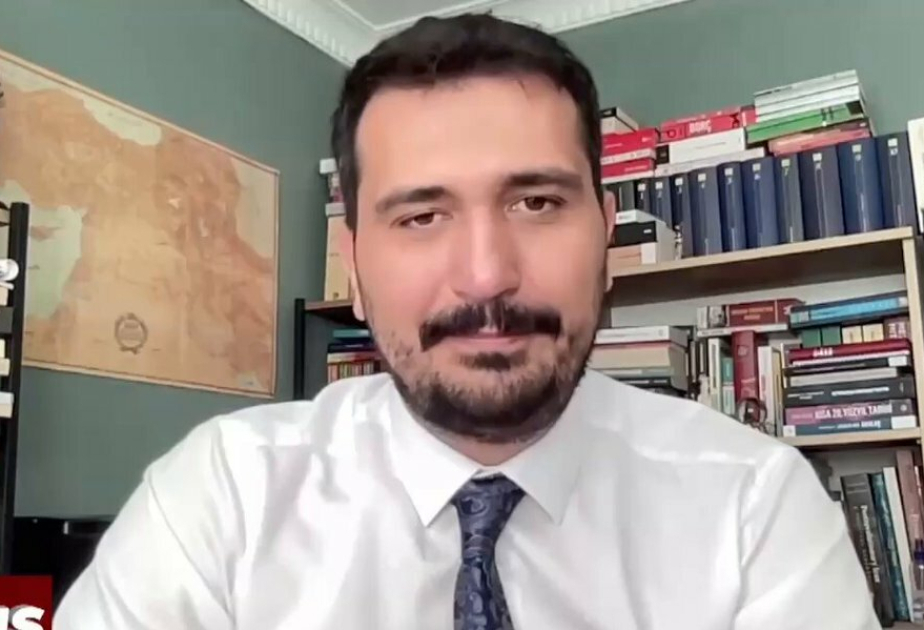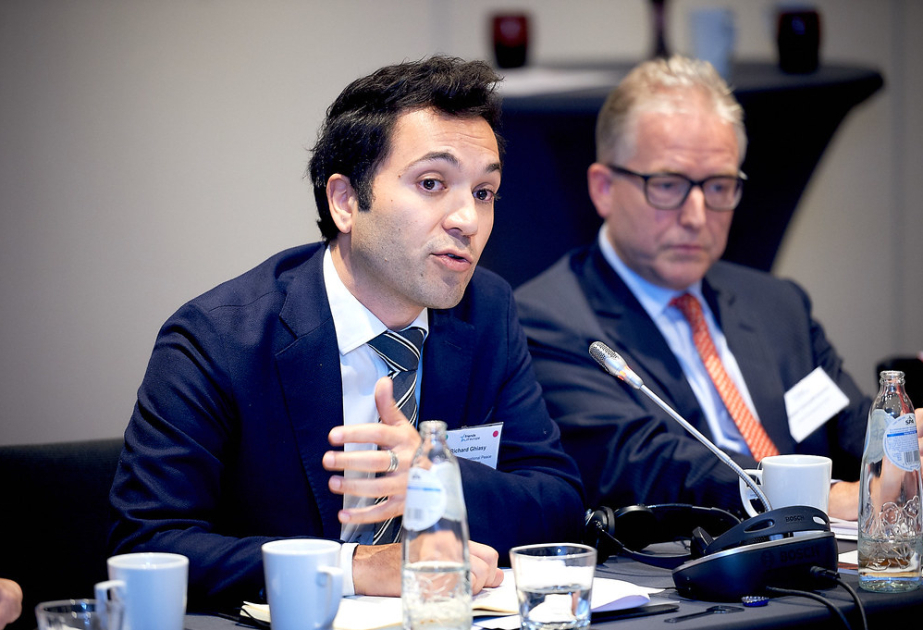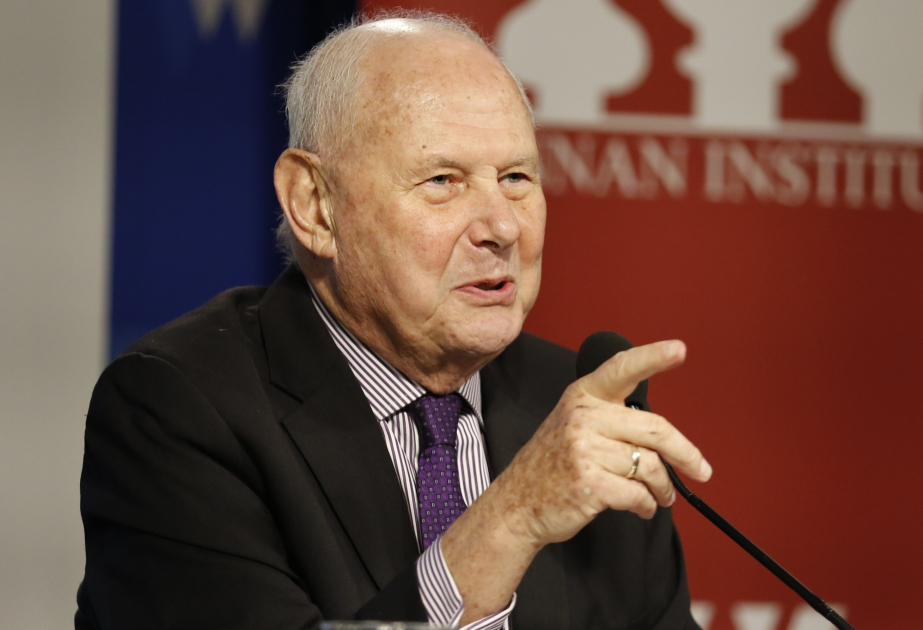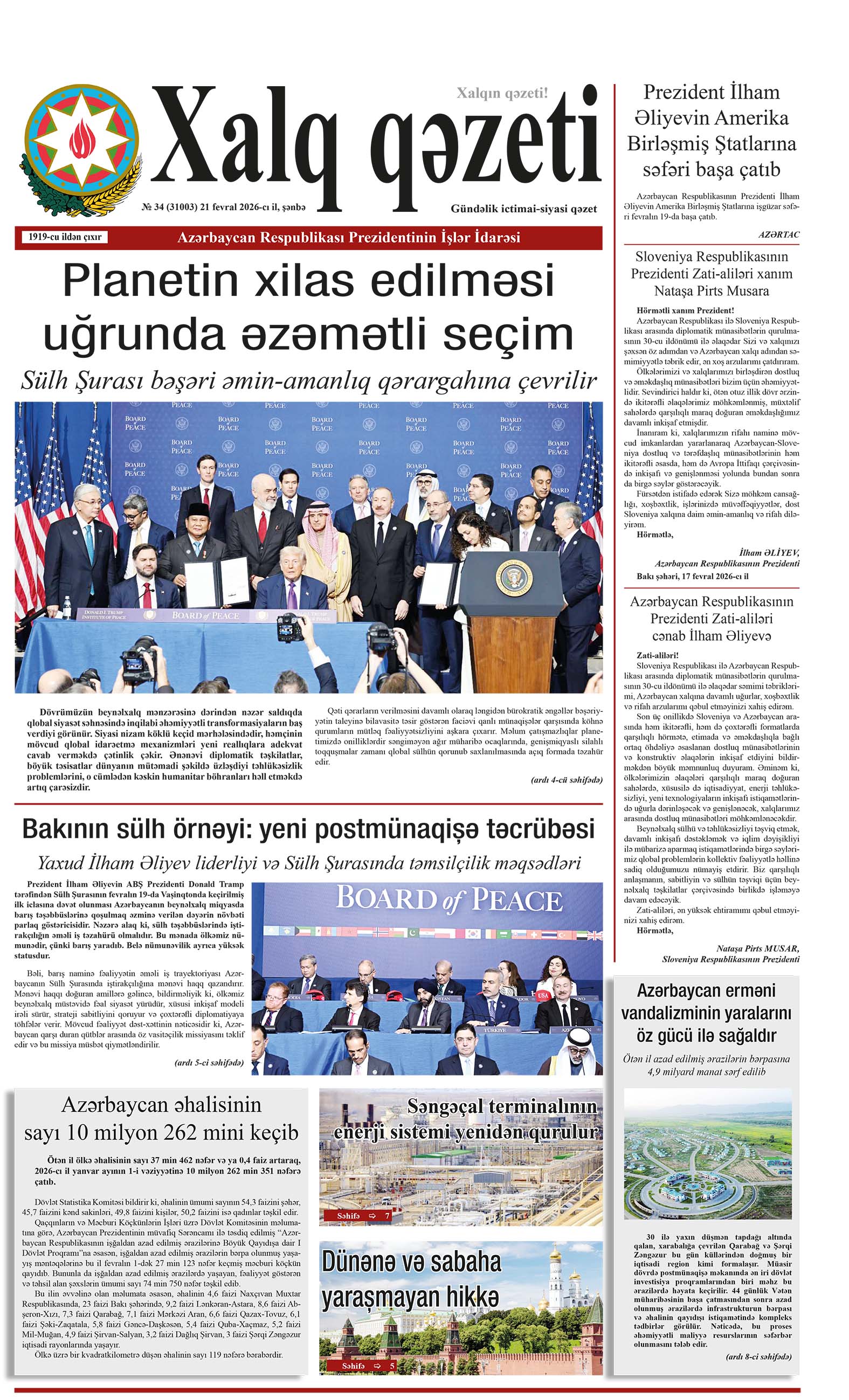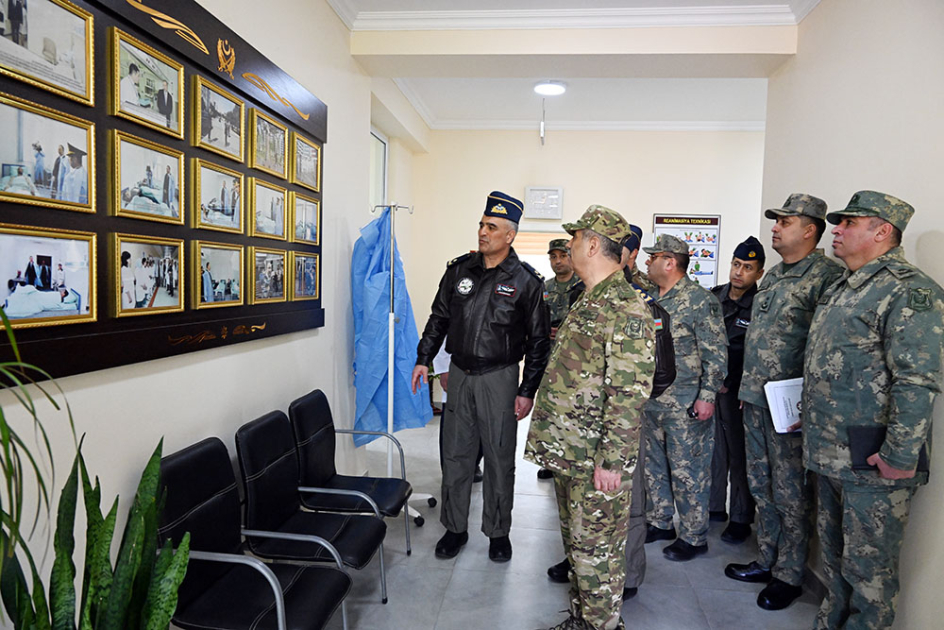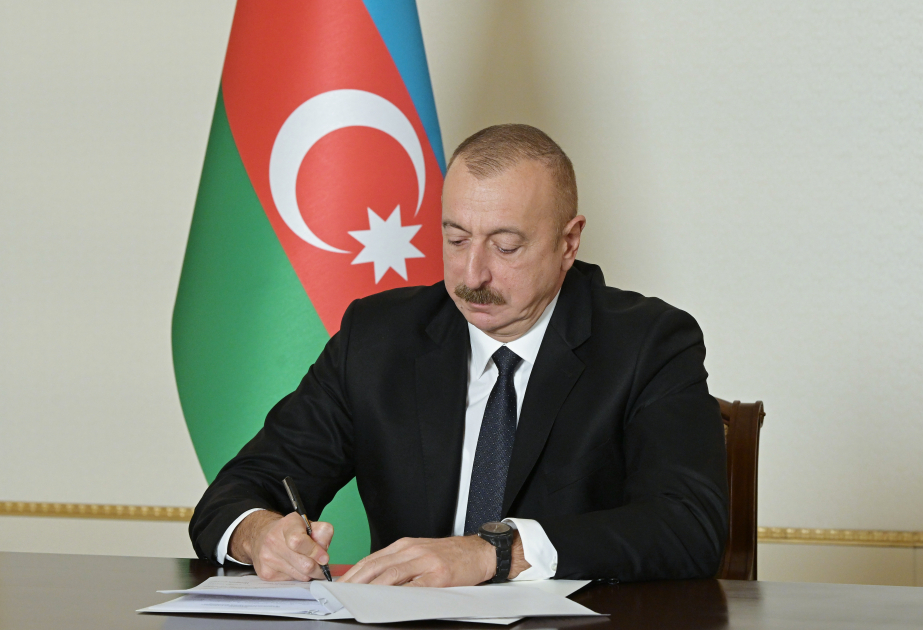Iranian expert, researcher of Middle Eastern politics Mohammad Khatibi, gave an interview to AZERTAC.
- How do you assess the current state of economic relations between Iran and Azerbaijan? What areas of cooperation are the most promising?
- Today, economic relations between Iran and Azerbaijan are at a fairly high level and continue to develop steadily. This is evidenced by both the volume of mutual trade and the intensification of political dialogue, including the recent high-level meetings between Presidents Masoud Pezeshkian and Ilham Aliyev. The parties demonstrate a desire to deepen cooperation based on mutual benefit.
The key areas of this interaction are energy, transport infrastructure and border trade. The implementation of joint energy projects, the development of international transport corridors, as well as the expansion of trade in border areas can not only strengthen bilateral economic ties, but also make a significant contribution to ensuring stability and sustainable development of the entire region.
- What economic and trade initiatives do you think are the most effective for expanding bilateral relations between the countries?
-The North-South International Transport Corridor (NSTC) is a vital initiative designed to enhance trade and connectivity between Iran, Azerbaijan, and the broader Eurasian region. This strategic route serves as a key transit artery, linking the Indian Ocean and Persian Gulf to Russia and Northern Europe, significantly reducing transit time and costs compared to traditional maritime routes.
For Iran, the corridor strengthens its position as a regional trade hub, allowing for greater economic integration with Eurasian markets and for Azerbaijan it plays a crucial role as a transit country, facilitating the movement of goods between Iran and Russia. The NSTC also complements broader geopolitical strategies, enabling participating nations to diversify trade partnerships, reduce dependence on traditional trade routes, and improve logistical efficiency.
Infrastructure developments along the corridor, such as railway expansions, upgraded road networks, and enhanced port facilities, will further boost its economic benefits.
- How does Iran assess the opportunities for joint investment and technology with Azerbaijan in areas such as energy, agriculture and information technology?
- Iran, Azerbaijan, and Turkmenistan signed a trilateral gas swap agreement in November 2021, allowing up to 2 billion cubic meters of gas per year to be transported from Turkmenistan to Azerbaijan via Iran Under this arrangement, Iran receives gas from Turkmenistan and delivers an equivalent amount to Azerbaijan, ensuring a stable energy supply for both nations.
Iran and Azerbaijan have historically engaged in electricity exchange agreements, allowing both countries to manage seasonal fluctuations in energy demand. These exchanges help stabilize power grids and ensure uninterrupted electricity supply, particularly during peak consumption periods.
In the first nine months of 2024, Iran supplied 26.8 million kWh of electricity to Azerbaijan’s Nakhchivan Autonomous Republic, while Azerbaijan provided 27.9 million kWh to Iran.
The Giz Galasi Dam and the full operation of the Khudafarin Dam have further reinforced energy cooperation between Iran and Azerbaijan. These projects not only support electricity generation but also enhance water resource management, benefiting agricultural and industrial sectors.
In Agriculture shared initiatives could improve food security, boost export opportunities, and facilitate knowledge Exchange on modern farming techniques. Joint ventures in tech innovation, including smart city solutions and AI-driven applications, could enhance connectivity and economic modernization across the region. Renewable energy presents a promising avenue, with both nations exploring joint investments in solar and wind power projects to enhance energy security and reduce dependence on fossil fuels.
- What prospects do you see for the establishment of joint ventures between Iran and Azerbaijan in the field of high technology, manufacturing and processing?
- Iran and Azerbaijan are actively discussing the possibilities of establishing joint industrial ventures, especially in areas such as manufacturing and processing. These initiatives are aimed at strengthening the industrial base of both countries and stimulating technological exchange. The Azerbaijan-Iran Business Forum focused on the potential for cooperation in the field of high technologies, including smart logistics, digital infrastructure, automation of production processes and the use of advanced IT solutions. Such projects can play an important role in accelerating industrial modernization, creating new jobs and increasing the competitiveness of products in international markets.
- What major infrastructure projects is Iran currently implementing jointly with Azerbaijan? What significance does the activation of transport links with Azerbaijan have for the Iranian economy?
-Iran and Azerbaijan are jointly developing the Astara cargo terminal, a key component of the North-South Transport Corridor. The Rasht-Astara railway, scheduled for completion by 2028, will significantly enhance regional logistics and trade efficiency.
The activation of transport links between Iran and Azerbaijan holds major economic and strategic significance boosting trade, connectivity and reduce transit times and costs. By
enhancing transport infrastructure both Tehran and Baku can solidify their role as gateways for Eurasian trade, increasing their leverage in regional economic negotiations. Improved logistics and transit links attract foreign investment, particularly in port development, rail networks, and smart logistics, helping both countries to diversify beyond oil exports.
-How can Iran and Azerbaijan use their geographical location more to strengthen transit cooperation? What new technological solutions is Iran ready to offer for joint projects with Azerbaijan in the field of logistics and transportation?
-Both countries are leveraging their geographical location to enhance transit cooperation through rail, land, and sea initiatives. Iran is ready to offer smart logistics solutions, including automated cargo tracking systems and digital customs processing, to streamline trade operation.
-What is the significance of the Araz Corridor project for the transport system of Iran and the region as a whole? What economic opportunities does the implementation of the Araz Corridor open up for Iran?
-The Araz Corridor ensures territorial integrity for all regional stakeholders and unlike other proposed transit routes, the Corridor remains free from geopolitical disputes. By passing through Iran, the corridor allows Azerbaijan to maintain strong diplomatic ties with Tehran and this contributes to regional cohesion, ensuring that trade and transit operations flow without external pressure or forced territorial adjustments. Overall, the Araz Corridor stands out as the most viable, conflict-free transit route that ensures economic expansion, political stability, and territorial integrity for its participating countries.







